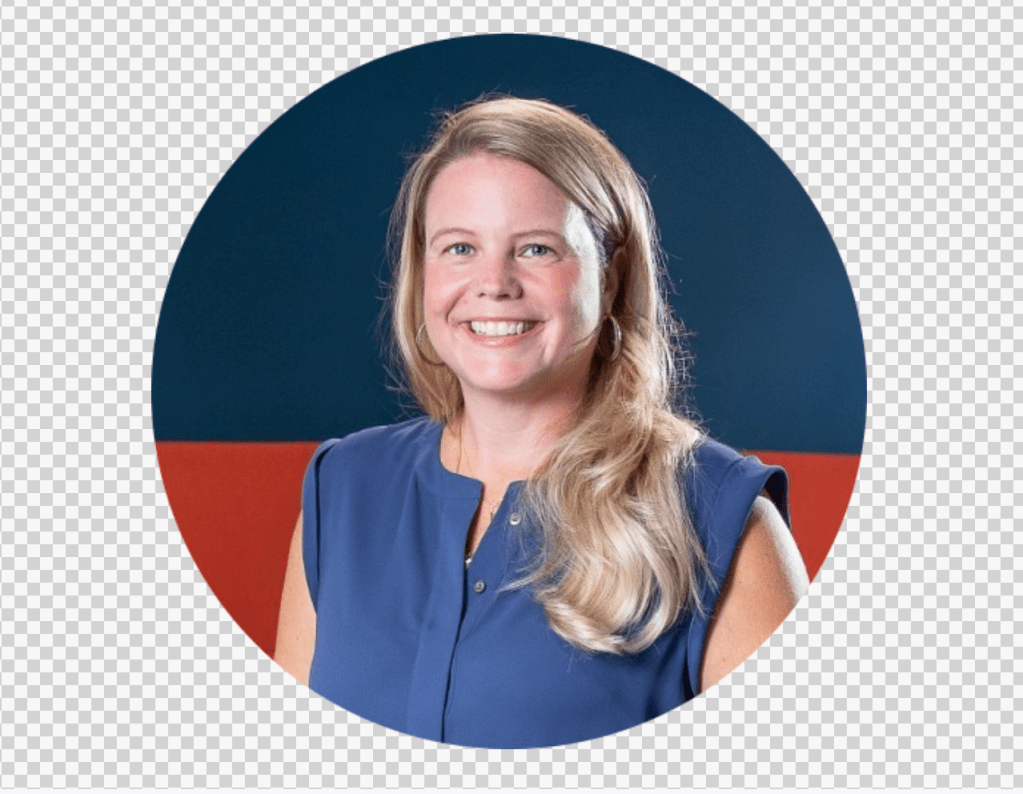Small business owners find happiness in freedom and passion, not just profits

In a refreshing counterpoint to the economic uncertainty hanging over the heads of most Americans, the country’s entrepreneurs are thriving emotionally, with 4 in 5 reporting happiness running their businesses, according to a recent survey by VistaPrint and YouGov.
The survey of 1,000 small business owners in the U.S. found that 42% think of themselves as “very happy,” with another 39% feeling “somewhat happy” and just 10% expressing unhappiness with their entrepreneurial journey.
“There’s something uniquely fulfilling about choosing an entrepreneurial career path. An overwhelming majority (76%) of small business owners told us they are ‘much’ or ‘somewhat’ happier now working for themselves,” says Emily Whittaker, executive vp at VistaPrint.
Veteran entrepreneur James Harold Webb validates that satisfaction. Webb, the author of “Redneck Resilience: A Country Boy’s Journey to Prosperity” and an owner of multiple businesses, explains: “Nothing is better than being a business owner and overcoming an operational or marketing dilemma. The mere satisfaction of having a win completely offsets any tough struggles and provides self-confidence to drive your business forward.”
HR professionals take note: autonomy matters more than compensation. Business owners ranked “freedom to set my own schedule” (42%) and “doing something I love” (41%) significantly ahead of “certainty of income” (28%). “Small business owners find fulfillment by charting their own course,” said Whittaker. “Internal factors like freedom, pursuing passion and building relationships outweigh income certainty.”
Among those reporting increased happiness since starting their own businesses, 32% attribute it to internal factors versus just 8% crediting external influences.
Webb’s experience demonstrates another dimension of satisfaction: sharing his success with his employees. “I’ve always structured companies to allow vesting, non-voting ownership positions for key employees,” he said. “They received distributions and losses based on vested shares.” The results were quite remarkable: Of 14 employee owners, 13 stayed until their exit, seven became millionaires and two became multi-millionaires, he reports. “When an employee says they’re an ‘owner,’ it provides much more motivation than saying ‘I got a bonus,'” he said.
According to VistaPrint’s survey, larger businesses (those with 51-100 employees) report higher rates of happiness (68% “very happy”) than micro-businesses having 1-10 employees (36%). There’s also a sweet spot for businesses that have been around 6-10 years, with 60% reporting being “very happy” – more the case than with newer businesses (46%) or those that are more than a decade old (43%).
Gen Z entrepreneurs show particularly high rates of satisfaction (54% “very happy”), ranking learning opportunities alongside schedule flexibility as key factors.
The VistaPrint research yields valuable retention lessons, validated by Webb’s own experience:
Autonomy drives satisfaction more than compensation. Webb’s employee ownership model created deeper engagement than traditional bonuses while achieving 93% retention.
Growth opportunities correlate with happiness. The challenge-solving aspect Webb describes can be replicated through meaningful problem-solving opportunities in corporate environments.
Shared ownership enhances motivation. As Webb notes, “Truly, one of the best retention tools available is to have key employees as ‘owners,’ which in simplest terms is a profit-sharing/bonus plan.”
“Decision-making freedom is first and foremost,” VistaPrint’s Whittaker explains. “This ability to act on market insights creates the strong sense of agency that entrepreneurs value.”
For larger companies hoping to capture entrepreneurial spirit, Whittaker suggests that you don’t have to own a small business to think like an entrepreneur. At her company, she related, “we encourage team members to ‘act like an owner’ – holding accountability for results while making bold, proactive choices.”
The study serves as a timely reminder that empowering employees with autonomy, purpose and growth opportunities fosters resilience and satisfaction, even during uncertain times. As Whittaker points out, “By focusing on what they can control and seeking learning opportunities, small business owners have what it takes to persevere even amid macroeconomic uncertainty.”


